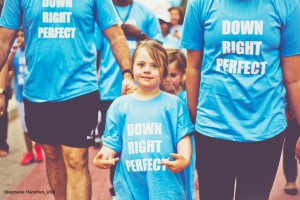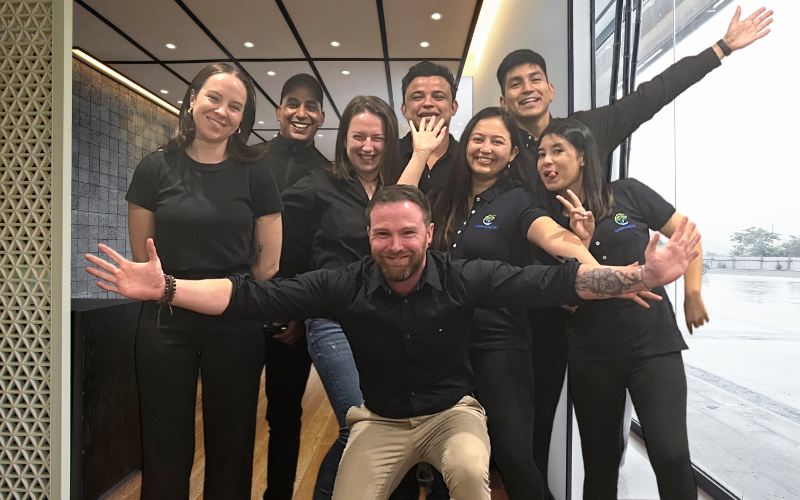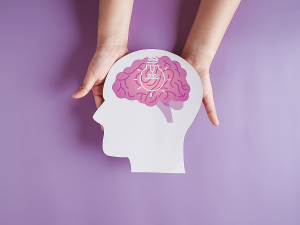Breaking Barriers: The Crucial Impact of Disability Representation in Media

Disability is often either ignored or stereotyped in modern society. The media plays a significant role in shaping public perception and understanding of individuals with disabilities. Unfortunately, disabled people are rarely represented accurately in media, despite the fact that there are over 1 billion people living with some form of disability worldwide. In this blog, we’ll explore the importance of disability representation in media and why it’s crucial for breaking down barriers.
1. Promote empathy and diverse perspectives in media:
Representation in movies, tv shows, and video games can increase understanding and empathy for people with disabilities. Similarly, it opens up a world where everyone is seen as equal and valued, despite their physical differences. Accurate representation also provides a crucial opportunity for disabled people to see themselves reflected, which could help build self-esteem and promote self-acceptance. Moreover, stories that feature diverse perspectives empower others to be more thoughtful and sensitive to the experiences of people living with disabilities
2. Changes attitudes towards disabilities and stereotype:
Media can either perpetuate negative stereotypes or challenge them. Neglect and stereotypes can lead to ableism – discrimination against people with disabilities, which creates barriers for this marginalised group. Furthermore, accurate representation can challenge negative stereotypes and help educate the audience on issues that people with disabilities face like discrimination, accessibility and equity. So, breaking down stereotypes can ensure a more inclusive, equitable society for everyone.
3. Increased Awareness and Accessibility through media:
Disability representation can bring about awareness on the social, political, and economic challenges people with disabilities face every day. Moreover, it helps to create more opportunity for disabled individuals and opens up conversations around the representation of disability. Similarly, this increased awareness can give rise to a movement for more accessible media, better access to education and employment and promote change in the societal disposition to individuals with disabilities.
4. Positive Industry impact:
Diversity leads to innovation, progress, and growth. Media that encompasses a variety of perspectives is more authentic and resonant with viewers. Disability representation has been shown to increase return on investment (ROI) for the entertainment industry – meaning it can be beneficial to EVERYONE. It’s essential for the entertainment industry to recognise that audiences want filmmakers, writers, artists, and creators with diverse backgrounds. Subsequently, fostering inclusion in media can ultimately present the industry with many positive outcomes.
5. Inspires and empowers representation:
Accurate representation creates a more inclusive and accessible space for everyone. Additionally, disabled individuals have the right to be included in mainstream media and have their stories told authentically. Likewise, encouraging more disabled individuals to participate in media will result in more stories, perspective and dialogue. These actions could lead to a domino effect whereby more people are inspired to participate or consume media that represents a diverse population.
Conclusion:
Disability representation is a critical issue in the media that affects society’s view of disability, self-image, and opportunities for disabled individuals. Also, while representation alone is not enough, it is an essential part of breaking barriers. Intentional inclusion will promote empathy, diversity, spread awareness, inspire and ultimately drive progress towards a more inclusive, equitable world for everyone. Moreover, the industry and creators have a profound responsibility to ensure that all members of society, including people with disabilities, are seen, heard and acknowledged. At last, let’s keep pushing forward for greater and more meaningful representation in media!
Book a free Consultation with us today!
Mobile : 1800960068
Email : contactus@iseeksupport.au









